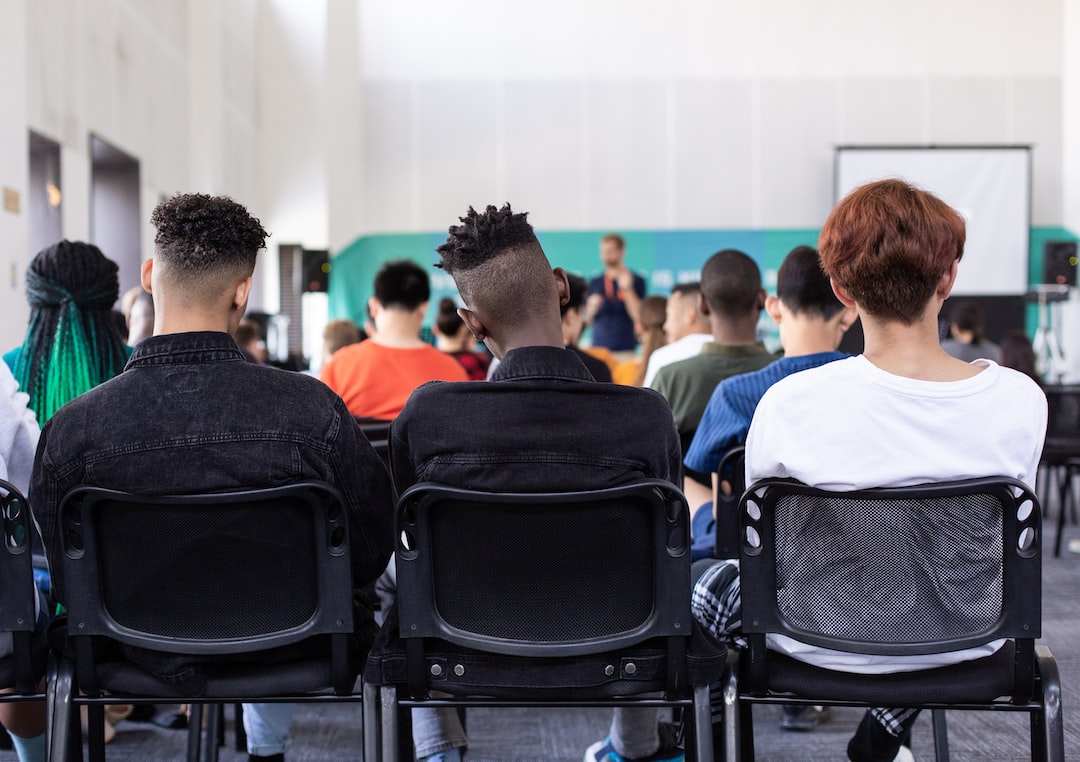The Role of Physical Education in Promoting Overall Wellness
Physical education is an integral part of the education system, and its importance cannot be undermined. It goes beyond just teaching students how to play sports or engage in physical activities; it plays a crucial role in promoting overall wellness among individuals. In today’s fast-paced world, where sedentary lifestyles and the prevalence of technology have made physical activity less common, physical education has become more significant than ever.
One of the primary benefits of physical education is the promotion of physical fitness. Engaging in physical activities on a regular basis helps students develop muscular strength, cardiovascular endurance, and flexibility. Physical fitness is not only important for maintaining a healthy weight, but it also reduces the risk of chronic diseases such as obesity, diabetes, and heart disease. Moreover, physical fitness contributes to improved mental health by reducing stress and anxiety levels and improving overall mood.
Physical education also plays a crucial role in teaching students essential life skills. It helps students develop teamwork, cooperation, and leadership skills through sports and team activities. By participating in team sports, students learn the value of collaboration, communication, and respect for others. These skills are not only important on the field but also in various aspects of life, such as the workplace and social relationships. In addition, physical education promotes discipline, time management, and goal setting, which are essential for personal and academic success.
Another significant role of physical education is the development of healthy habits. By introducing students to a variety of physical activities, physical education helps them discover their interests and preferences, enabling them to choose activities that they enjoy and can continue throughout their lives. Creating such healthy habits early on lays the foundation for a lifetime of physical activity and overall wellness. Moreover, physical education educates students about the importance of nutrition and proper hydration, thereby promoting a well-rounded approach to a healthy lifestyle.
Incorporating physical education into the curriculum is also vital for the cognitive development of students. Numerous studies have shown a positive correlation between physical activity and improved academic performance. Engaging in physical activities increases blood flow to the brain, which enhances cognitive function and memory. Furthermore, physical education teaches students problem-solving and critical thinking skills, as they often need to strategize and make decisions during games and activities. By stimulating both the body and mind, physical education contributes to the holistic development of students.
Moreover, physical education plays an important role in promoting social integration and inclusivity. By offering a diverse range of physical activities, physical education provides opportunities for students of all abilities to participate and excel. It fosters a sense of inclusiveness, as students learn to respect and appreciate individual differences and abilities. Additionally, physical education creates a supportive and nurturing environment where students can develop social skills, build friendships, and develop a sense of belonging. These social interactions are crucial for students’ emotional well-being and their overall development as individuals.
Although physical education is an essential component of education, it often faces challenges and is sometimes overlooked. In many educational institutions, the focus on academic achievements may lead to diminished resources and time allocated for physical education classes. However, it is crucial to recognize that physical education is not a mere extracurricular activity; it is a fundamental aspect of education that contributes to the overall well-being and development of students.
In conclusion, physical education plays a pivotal role in promoting overall wellness among individuals. By promoting physical fitness, teaching life skills, developing healthy habits, stimulating cognitive development, fostering social integration, and promoting inclusivity, it contributes to the holistic development of students. It is imperative for educational institutions and policymakers to recognize the significance of physical education and ensure that it remains an integral part of the curriculum. By doing so, we can empower individuals to lead healthier, more balanced lives and contribute positively to society.

